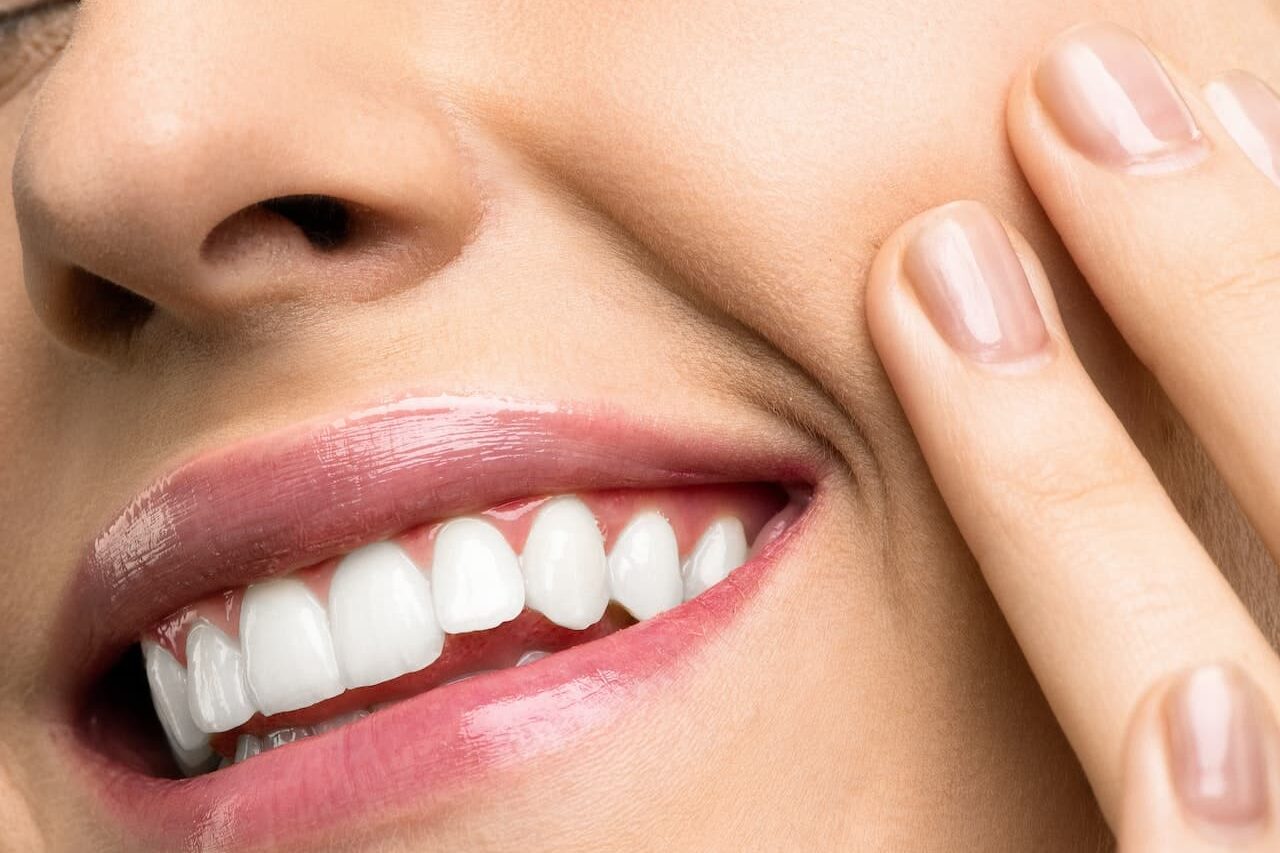A beautiful smile can boost your confidence and make a great first impression. However, achieving and maintaining a healthy smile requires more than just brushing your teeth. Good dental care practices are essential for healthy teeth and gums.
In this article, we will discuss effective dental care tips that can help you maintain good oral hygiene and keep your smile looking its best. From brushing and flossing to visiting your dentist regularly, these tips will help you achieve optimal dental health and keep your smile bright and beautiful.
1. Brush Your Teeth Twice a Day
Brushing your teeth twice a day is one of the most important dental care tips. Brushing your teeth removes plaque and food particles that can cause tooth decay and gum disease. Use fluoride toothpaste and a soft-bristled toothbrush to brush your teeth gently in a circular motion. Brush for at least two minutes each time you brush your teeth.
2. Floss Your Teeth Daily
Flossing is an essential part of dental care that many people overlook. Flossing removes plaque and food particles that your toothbrush cannot reach. Floss your teeth at least once a day, preferably before bed. Use a clean section of floss for each tooth to avoid spreading bacteria.
3. Use Mouthwash
Using mouthwash is another essential dental care tip. Mouthwash kills bacteria that cause bad breath and gum disease. It also freshens your breath and leaves your mouth feeling clean. Choose an alcohol-free mouthwash to avoid drying out your mouth.
4. Eat a Healthy Diet
Eating a healthy diet is not only good for your overall health but also for your dental health. Avoid sugary and starchy foods that can cause tooth decay. Instead, eat foods that promote dental health, such as fruits, vegetables, dairy products, and lean proteins.
Drinking plenty of water also helps to keep your mouth hydrated and wash away food particles and bacteria.
5. Visit Your Dentist Regularly
Regular dental check-ups are essential for maintaining good oral health. Visit your dentist at least twice a year for a professional dental cleaning and examination. Your dentist can detect dental problems early and provide the necessary treatment to prevent them from getting worse.
6. Avoid Smoking and Chewing Tobacco
Smoking and chewing tobacco are harmful to your dental health. They can cause tooth discoloration, bad breath, gum disease, and oral cancer. If you smoke or chew tobacco, consider quitting to improve your overall health and dental health.
7. Wear a Mouthguard
Wear a mouthguard if you participate in sports or other activities that can cause dental injuries. A mouthguard can protect your teeth and gums from trauma and reduce your risk of dental injuries.
8. Use a Tongue Scraper
Using a tongue scraper is an effective dental care tip that can help you maintain good oral hygiene and keep your smile looking its best. Bacteria and food particles can accumulate on your tongue, causing bad breath and other dental problems.
A tongue scraper can help you remove these bacteria and food particles, leaving your tongue feeling clean and fresh. Use a tongue scraper once a day, preferably in the morning, to remove any buildup on your tongue.
Conclusion
Your dental health is an essential part of your overall well-being, and maintaining good oral hygiene is crucial for a healthy smile. By following the dental care tips discussed in this article, you can keep your teeth and gums healthy, prevent dental problems, and maintain a bright and beautiful smile.
Remember to brush and floss daily, eat a healthy diet, visit your dentist regularly, avoid smoking and chewing tobacco, and use a tongue scraper. With these simple but effective practices, you can enjoy a healthy smile for years to come.
If you are looking for a family dentist in Pickering that you can trust, look no further than Pickering Dental Services. Our team of experienced dental professionals is committed to providing personalized, high-quality dental care services to patients of all ages. Contact us today to schedule an appointment and experience the best in dental care!


